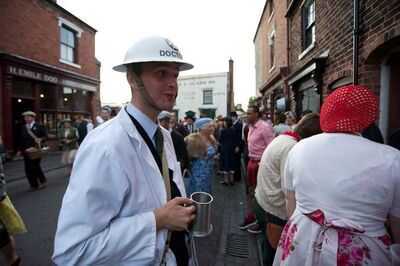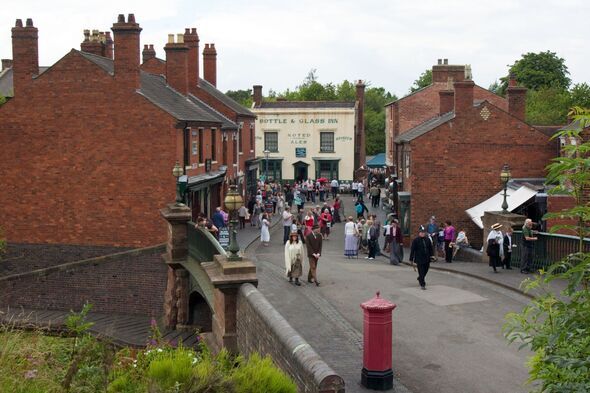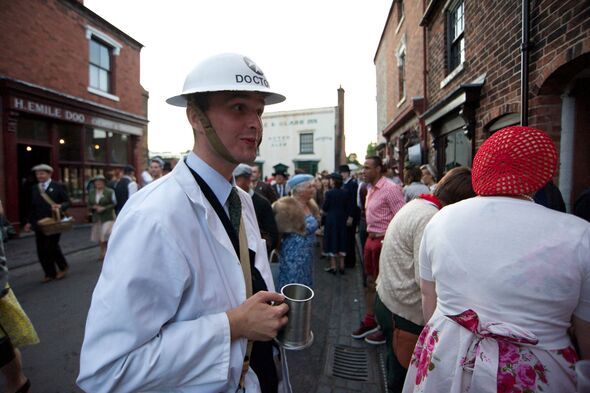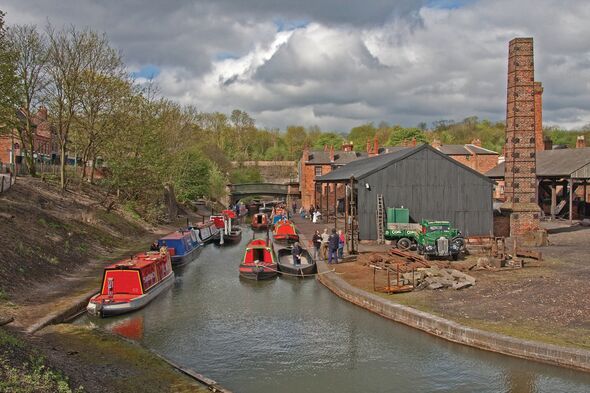

As a young student, school trips are always exciting. At least they were for me, and, while growing up in the Midlands, there were plenty of interesting places for my teachers to choose from. One of them was by far my favourite, and the very mention of it, even to this day, brings a smile to my face. It was brilliant to hear recently that the Black Country Living Museum in Dudley was crowned the UK's best large visitor attraction. For me, it is just that because it is not your usual wander around, read information and look at artefacts museums - fascinating though they can be.
There is a reason why schools choose to take their classes there over and over again - it grabs their attention and maintains a firm hold of it throughout the day by being, as its name suggests, living. The dynamic nature of the place, featuring fantastic staff in character and costume, ensures that young people feel as if they could actually be setting foot in a long-passed world, therefore finding what they see and experience more engaging and interesting. This may stick with them, and, to some extent, shape what they do with the rest of their lives.
It is an important departure from the rather straightforward and bland way history has been taught in the classroom for a long time, which has put many people off the subject.

Visitors can instead enjoy exploring a mine, fete and a mock-up street from an industrial town, featuring some original buildings transported from across the West Midlands and likely saved from demolition.
Highlights include a fish and chip shop, sweet shop and a pub.
Contemporary houses and gardens can also be dipped into.
I vividly remember buying a tweed flat cap for a fiver from what was I think a wartime clothes shop. Incidentally, it was way too big for me.
The strawberry and cream sweets I bought during every visit suited me much better.
A period school can be visited too, where children and adults alike can take part in a lesson and, in doing so, are reminded how lucky they are not to be physically assaulted and have to learn principly from memory during their modern day education.
The attraction is not just sticking to what it has either. When I last went, there were parts delving into the Industrial Revolution and early to mid twentieth centuries.
Recently, there was a "1960s Weekend".
I try my best to cast aside my historiographical lens, and ignore the fact that these periods were very distinct from one another, and so there may be problems with blending them together.

Of course, youngsters are guaranteed to be mainly drawn to the sweets and the chippy, but by then, inspiration will have taken place, at least for some.
I conceded that, for many children of school age, learning about the "olden days" as we used to refer to them is not the most exciting thing, even such an active environment as the one provided by the Black Country Museum.
For as long as I can remember, the past has interested me, from my time devouring Horrible Histories books as a kid, to completing my MA dissertation on the activities of neutral parties during the English Civil War.
The Black Country Museum was a vital part of stirring this in me, as it would have been for the many young people to have visited it since I last dropped by.